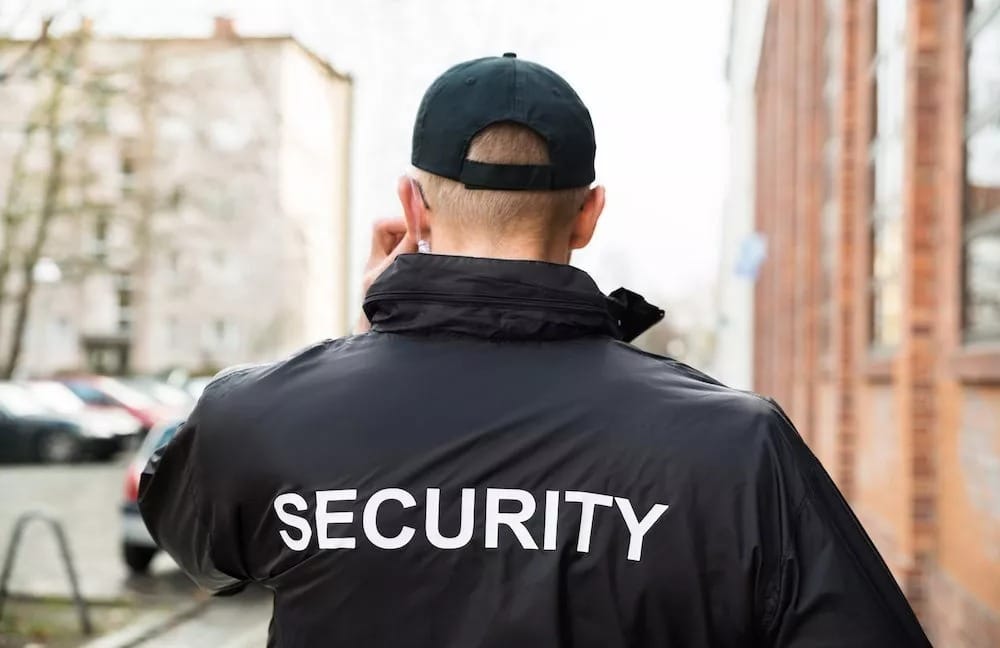Revamping Security Guard Legislation
In a decisive move to enhance public safety, the government is undertaking an extensive overhaul of legislation affecting security guards and private security companies. The initiative is designed to plug existing gaps that have previously allowed individuals with private security licenses to be employed by criminal elements. The Ministry of Justice and Public Order has crafted a new bill, now open for public consultation, which aims to significantly expand the authority of security personnel.
The new bill grants security guards powers similar to police officers, albeit with the notable exception of carrying firearms. Their new scope of authority would encompass the ability to wear distinctive uniforms, employ detection dogs, and conduct searches within their jurisdiction. This legislative push is not just about expanding powers; it also intensifies penalties for those who fail to adhere to the updated regulations.
With over a thousand licensed individuals currently operating in Cyprus, the bill seeks to redefine the role of a “security guard” to clearly differentiate between those providing active security services and technical security specialists. Under the proposed law, licensed security guards would be responsible for a range of tasks including:
- Monitoring and safeguarding properties and personal safety
- Securing and transporting money and valuables
- Conducting passenger and luggage screenings at transit hubs
- Maintaining security at migrant detention centers
The legislation delineates the qualifications required for training security guards, with the Police Chief responsible for issuing licenses to capable individuals or institutions. In an effort to clarify terminology, “protection” has been replaced with “personal security” to prevent past ambiguities.
Security personnel will be authorized to carry out searches at entry points of the premises they protect, as well as conduct broader perimeter checks as mandated by the Justice Minister. In government buildings, they will have the power to screen individuals using specialized equipment. Additionally, the bill outlines strict regulations for the use of armoured vehicles in cash-in-transit services and restricts the use of batons.
Ensuring compliance with animal welfare laws, the bill allows for trained dogs in tracking and detection roles, but restricts their use to enclosed spaces with appropriate signage. Licenses for private security companies are now categorized into three distinct types: guard services, technical services (including alarm systems), and investigation services, with firms able to hold multiple licenses based on their offerings.
A critical aspect of this legislative reform is the enhanced scrutiny over license issuance. The Police Chief will have the authority to deny applications that may pose a risk to public order or national security. Following its period of public consultation, this comprehensive bill will be submitted to Parliament for ratification, marking a significant step in the professionalization and regulation of private security services.






